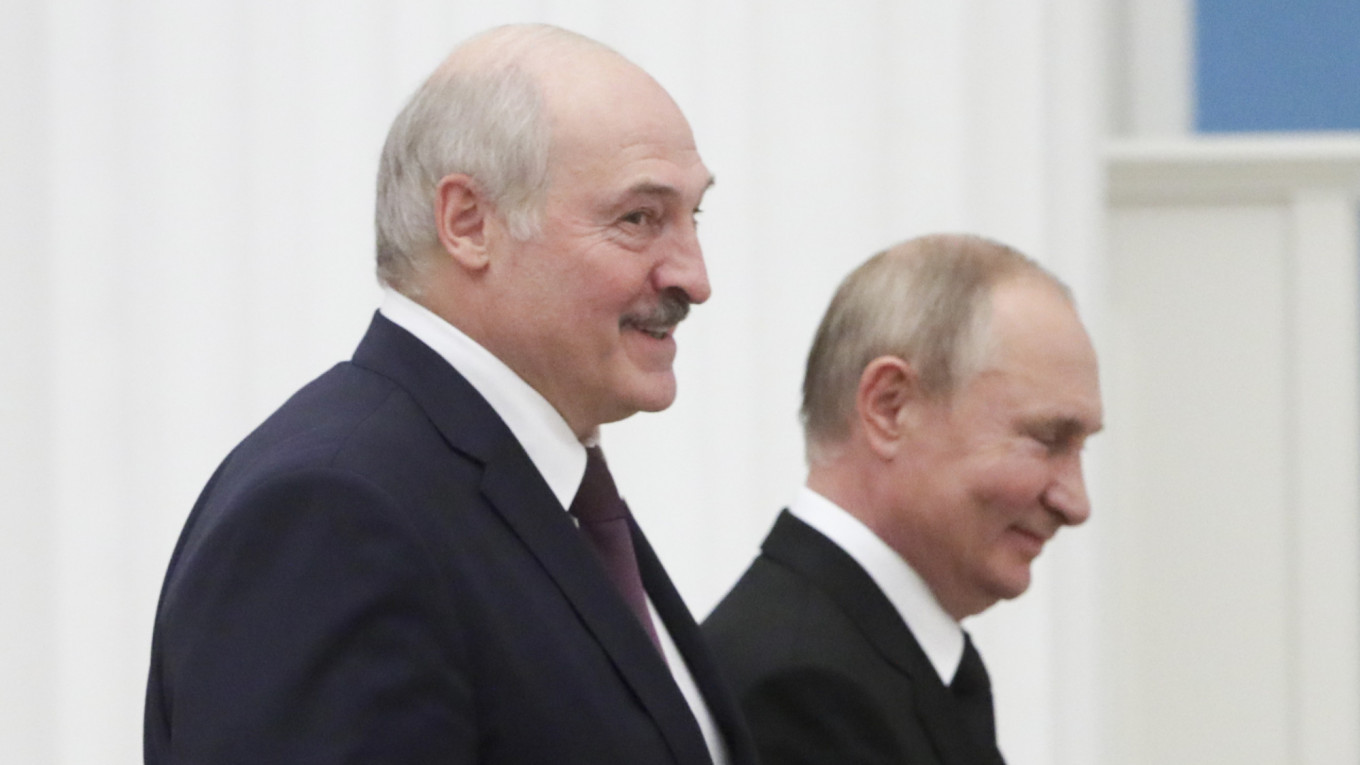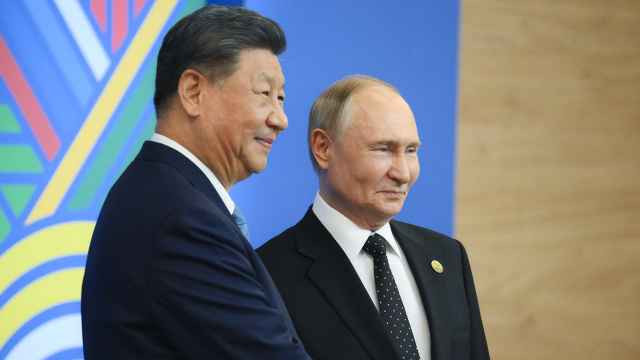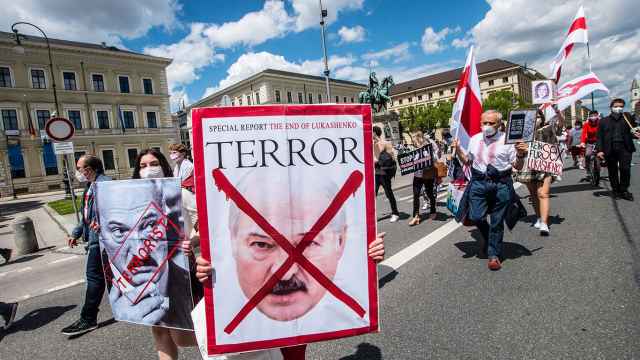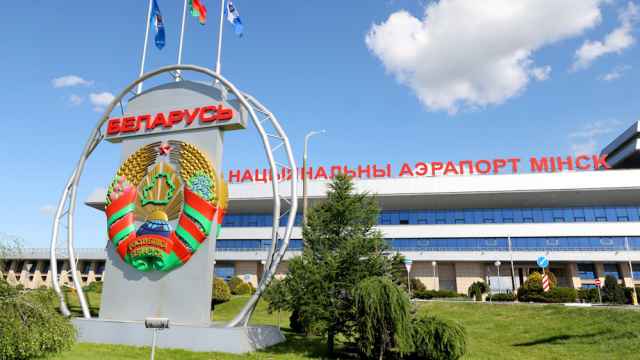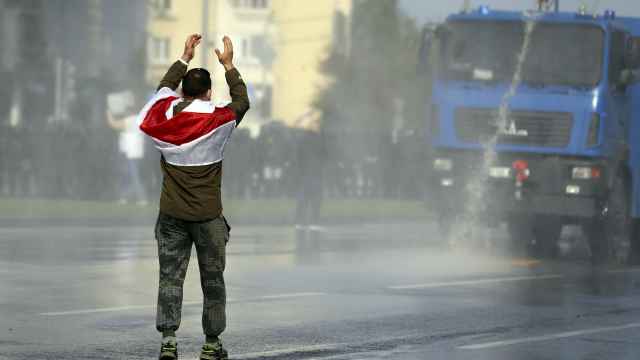Belarus leader Alexander Lukashenko on Tuesday said Moscow-annexed Crimea was legally part of Russia, adding that he planned to visit the peninsula with Russian leader Vladimir Putin.
Russia's annexation of Crimea from neighbouring Ukraine in 2014 and support for separatists in the east of that country caused alarm in ex-Soviet Belarus.
Lukashenko has been under huge pressure to publicly define his position on Crimea and until now had been largely non-committal with the Kremlin.
Lukashenko's statement to Russian state news agency RIA Novosti was one of his clearest yet on the status of the peninsula after Russia's takeover.
"We all understood that de-facto Crimea is Russia's Crimea. After a referendum Crimea has become Russia de-jure as well," Lukashenko was quoted as saying.
The Belarusian strongman said he planned to visit Crimea and his trip would amount to recognition of the peninsula as Russian territory.
"We have a certain agreement with Putin that we will visit Crimea," Lukashenko told RIA Novosti, insisting he had every right to go there with the Russian president. "This is my Crimea too," he added.
Lukashenko said he was now waiting for details of the trip from the Kremlin.
Moscow took over Crimea in March 2014 after a referendum condemned by Kiev and the West as illegal and followed an uprising in Kiev that ousted a pro-Russian leader.
Russia is Belarus's closest ally and the two have formed a nominal "union" with close trade and military cooperation while arguing over sticking points such as energy prices.
Lukashenko has been forced to lean closer on Russia since the outbreak of a severe crisis in ties with the West.
Brussels denounced a crackdown on opposition protests in Belarus and refused to recognise Lukashenko's disputed re-election in 2020, leading to the chill.
In the interview to RIA Novosti, Lukashenko also said he would ask Russia to deploy nuclear weapons in Belarus if NATO moved nuclear weapons to eastern Europe.
"We in Belarus are ready for it," he said, adding that all the necessary infrastructure after the collapse of the Soviet Union remained intact. "All the silos are there."
A Message from The Moscow Times:
Dear readers,
We are facing unprecedented challenges. Russia's Prosecutor General's Office has designated The Moscow Times as an "undesirable" organization, criminalizing our work and putting our staff at risk of prosecution. This follows our earlier unjust labeling as a "foreign agent."
These actions are direct attempts to silence independent journalism in Russia. The authorities claim our work "discredits the decisions of the Russian leadership." We see things differently: we strive to provide accurate, unbiased reporting on Russia.
We, the journalists of The Moscow Times, refuse to be silenced. But to continue our work, we need your help.
Your support, no matter how small, makes a world of difference. If you can, please support us monthly starting from just $2. It's quick to set up, and every contribution makes a significant impact.
By supporting The Moscow Times, you're defending open, independent journalism in the face of repression. Thank you for standing with us.
Remind me later.


